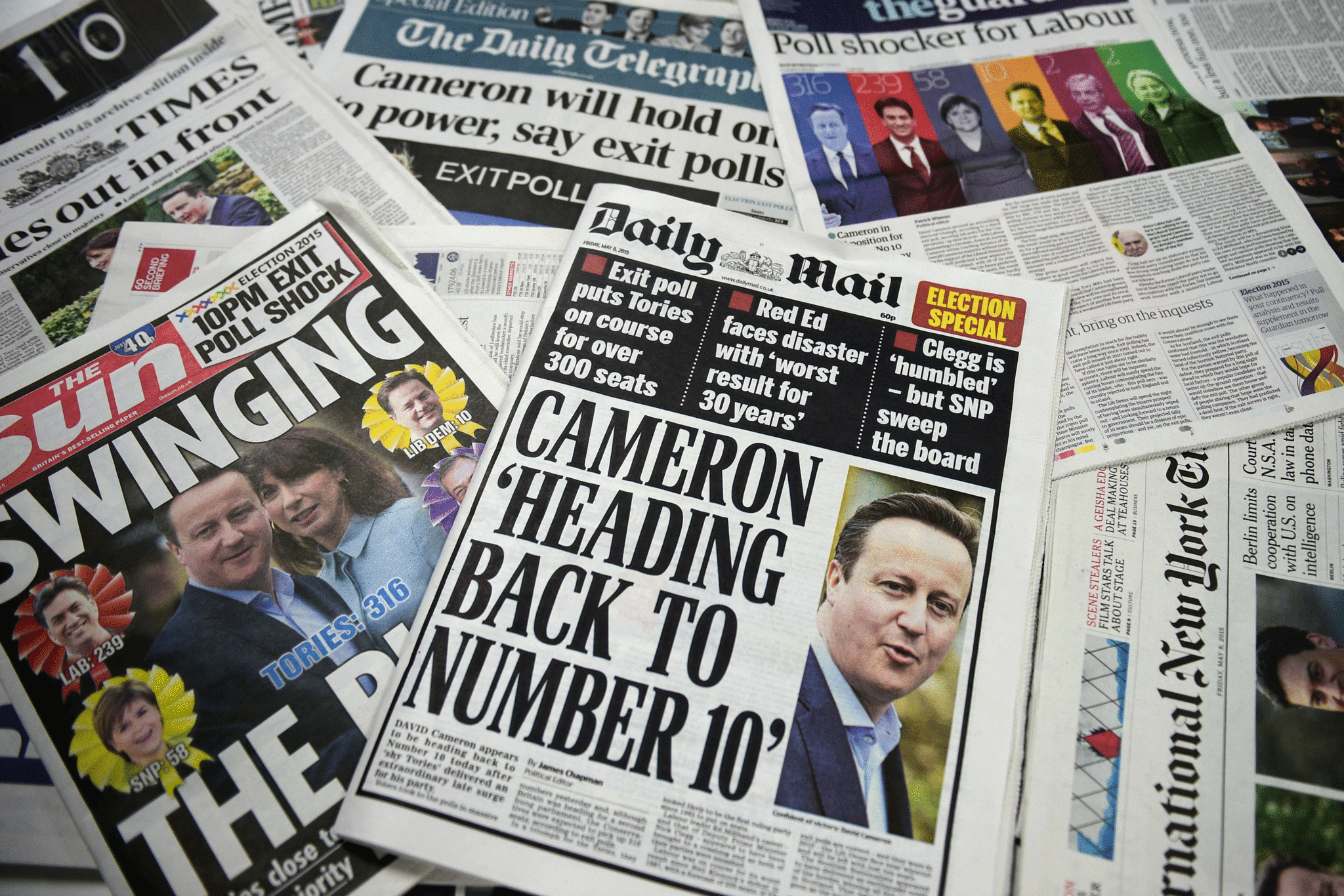In a country so deeply split in the midst of Brexit chaos, the ideas of the far-right have been rapidly gaining traction. The divisive nature of a referendum always carried the risk of an increase in extreme views, but it is the highly partisan British press which is allowing dangerous rhetoric to enter into the mainstream.
The phenomenon of “media populism”, which relies on sensationalist, emotive language to appeal to ordinary people as opposed to the political elite, fosters favourable conditions for promotion of far-right figureheads and groups which utilise similar tactics to appear anti-establishment. Take Trump and Fox News, which both brand themselves as counter-elite, despite the President’s wealth and billionaire Rupert Murdoch’s position as CEO of Fox.
Controversial figures like Trump are more headline-grabbing, so broadcasting his views is more profitable for news corporations. The same is true in the UK, where the media transforms fringe individuals into semi-celebrities. Take Nigel Farage calling for “a proper leader like Donald Trump”, in his Daily Telegraph column, and Katie Hopkins (until she recently left “by mutual consent”) using her MailOnline platform to call for a “final solution” on British Muslims, echoing language of the Holocaust.
Numerous studies, the most recent carried out by the University of Wisconsin last year, found that right-wing populist cues in British newspapers “affect anti-immigrant attitudes and political cynicism, which in turn increase[s] the probability of voting for such parties.” It also found that respectable right-wing news outlets are just as influential in this effect as tabloid newspapers and online media.
These findings become even more significant given the right-wing monopoly of the British press. Of the nine most widely circulated newspapers in the UK, six have right-wing leaning tendencies and only two left-wing, while the only allegedly neutral one, The Independent, exists only online. Five of the right-wing papers and their sister publications make up the top six most widely circulated papers in the UK, while fifty per cent of the printed press is effectively owned by billionaires Rupert Murdoch and Lord Rothermere.
The media has been found responsible in influencing the outcome of the Brexit referendum. While Remain-supporting outlets were warning of economic fears, Leave-supporting publications diverted the conversation towards immigration. A study by LSE on the UK media coverage of the referendum recorded that coverage of immigration tripled over the course of the ten-week campaign. It was mostly negative, using language indicative of an invasion of ‘swarming’, ‘flocking’ animals. Specific European immigrant ethnicities were targeted: 109 of 111 articles (98%) expressed a negative view of Turks, while 100% of 90 articles that expressed a view about Albanians were negative.
It is sadly unsurprising, therefore, that the number of recorded hate crimes in the last five years has doubled, with the Home Office citing the referendum and series of terrorist attacks in 2017 as highly influential factors.
Coverage of terrorist attacks is also strongly political; in America Muslims carried out just twelve per cent of attacks in a five-year period but received forty-one per cent of news coverage. This taints the perception in the Western world of the prevalence of both Islamic extremism and white supremacy; while the former thought of as the greatest danger, the latter is rarely called by its name.
The media’s touting of untrue, racist stereotypes must be held accountable. To come across such rhetoric, look no further than a newspaper stand: “1 in 5 Brit Muslims’ sympathy for jihadis” (The Sun), “Yorkshire Ripper Turns to Islam” (The Daily Star), “4,000 Foreign Murderers and Rapists We Can’t Throw Out” (The Daily Mail).
Should a Cabinet Minister be allowed a platform at a respectable national newspaper, if he uses it to compare burqa-wearing women “letter-boxes”? Nigel Farage’s states in The Daily Telegraph that “we cannot stop free speech however nasty”, but should we really be giving a platform to purposefully provocative peddlers of intolerance, a platform which reaches millions of Brits daily? Should freedom of speech come at the expense of the safety of ethnic minorities?
Depending on unsubstantiated, divisive claims to sell papers is not the same standing on the side of the people. Publications’ reliance on populism is, in fact, handing far-right groups the most powerful tools and the biggest platforms to spread intolerance. The monopoly of the press by a small few with a certain
Eloise Barry
Image: Getty Images.

